
Book
Think Like A CEO
Stop reacting, get out of your own head and take control of your role
Recommendation
Consultant Byron Morrison offers CEOs useful information about dealing with pressure and guidance in thinking logically, not emotionally. He teaches by showing leaders what not to do, telling business war stories about CEOs who gave in to emotional, shortsighted, solitary thinking with disastrous results. Morrison advocates the basics: long-term thinking, proactive leadership, strong communications, adaptability, perseverance and thoughtful analysis. His advice is perceptive; however, you may wish he'd promoted his consultancy a bit less and allowed his substantial knowledge to speak for itself.
Summary
About the Author
Byron Morrison is a speaker and high-performance coach.
Learners who read this summary also read
Book
Book
Book
Book
Book








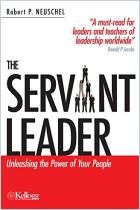
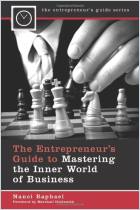
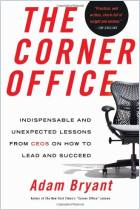
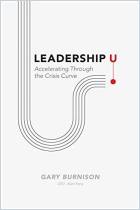
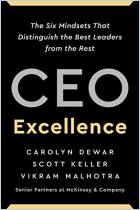






Comment on this summary